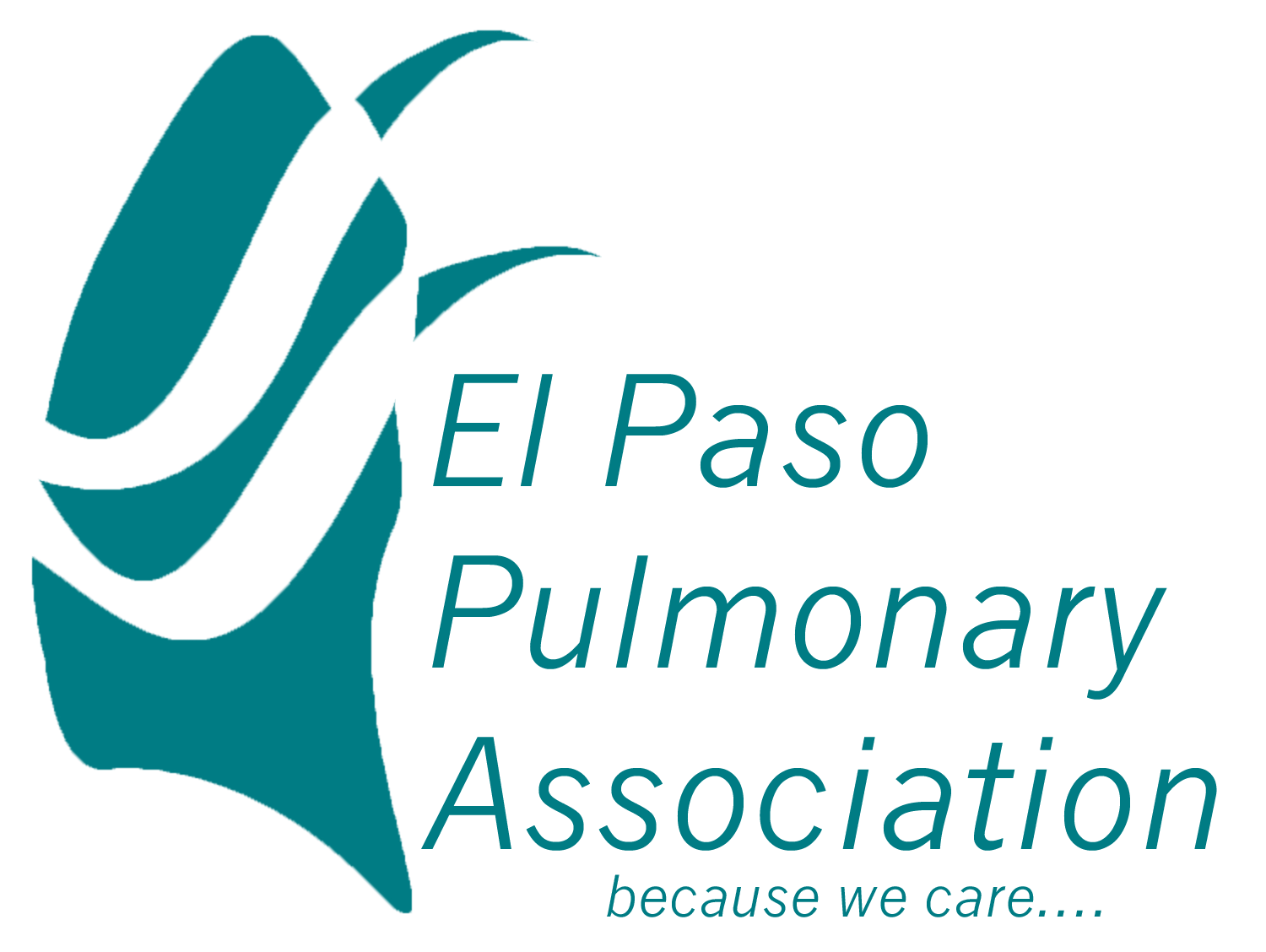OVERVIEW
Emphysema is a type of COPD most commonly caused by smoking. This disease results from damage to the tiny air sacs (alveoli) in your lungs. Over time, these sacs rupture and cause air to flow through one big space instead of many small spaces.
As a result of the damage, the body does not receive enough oxygen, resulting in severe difficulty breathing.
CAUSES & SYMPTOMS
The most common cause of emphysema are airborne irritants, particularly smoking. In rare cases, it is caused by a genetic deficiency of a protein called alpha-1-antitrypsin that protects the elastic structures in the lungs.
A patient may live for several years without symptoms of emphysema. Once they manifest, symptoms depend on how severe the lung damage is, and include chronic cough (smoker's cough), shortness of breath, and chest pain.
DIAGNOSIS & TREATMENT
Emphysema can by diagnosed through a variety of tests such as a pulmonary function test and spirometry.
Besides lifestyle changes such as quitting smoking, your doctor may perscribe medications such as bronchodilators and glucocorticosteroids (inhalers) to treat your symptoms.

